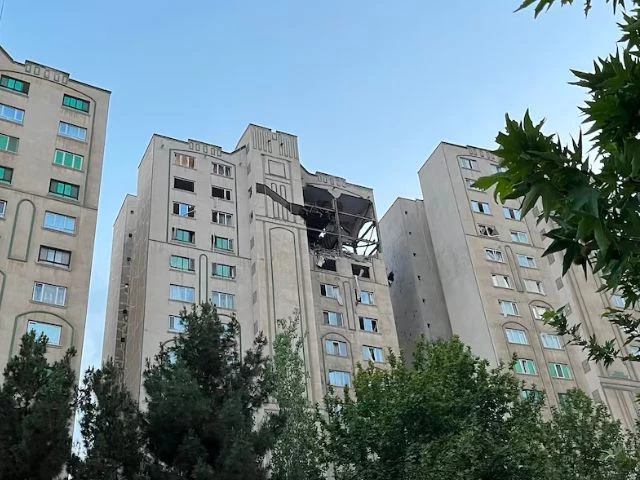Iran has appointed a new slate of senior military commanders following a series of devastating Israeli airstrikes that killed several top generals, including the nation’s chief of staff and prominent Islamic Revolutionary Guard Corps (IRGC) figures.
Among the dead was General Mohammad Bagheri, Iran’s highest-ranking military officer and a veteran of the Iran-Iraq War. Bagheri served as the chief of staff of the armed forces and reported directly to Supreme Leader Ayatollah Ali Khamenei. Other senior figures assassinated include Deputy for Operations Mehdi Rabani and Deputy for Intelligence Gholamreza Mehrabi. IRGC commander Hossein Salami was also confirmed among the fatalities.
One of the most critical blows came to the IRGC’s elite aerospace division, where eight senior commanders, including missile and drone expert Ali Akbar Hajizadeh, were killed in a fortified bunker in Tehran.
In response, Iran’s Supreme Leader swiftly appointed Brigadier General Abdolrahim Mousavi as the new chief of staff—the first regular army officer to hold the position previously dominated by IRGC leadership. Mousavi, 65, is a seasoned military figure trained at the Supreme National Defense University after the 1979 Islamic Revolution.
![General Mohammad Pakpour is the new head of Iran’s Revolutionary Guard [File: AFP]](https://i.tribune.com.pk/media/images/et-f-521750052987-0/et-f-521750052987-0.png)
READ MORE:
Meta AI App Under Fire for Exposing Private Conversations Publicly
Veteran commander Mohammad Pakpour has been promoted to commander-in-chief of the IRGC. Known for leading armoured divisions during the Iran-Iraq War and for his 16-year tenure heading the IRGC’s ground forces, Pakpour is regarded as one of the force’s most experienced strategists.
Amir Hatami, a prominent figure from the Iran-Iraq War era, has been elevated to major-general and appointed commander of Iran’s regular army. He gained national recognition for his role in repelling the MEK-led Operation Mersad.
Brigadier General Majid Mousavi now heads the IRGC’s aerospace division. Known for his significant role in Iran’s missile, drone, and space programs, Mousavi previously worked alongside the late Hassan Tehrani Moghaddam—the mastermind behind Iran’s missile strategy.
All newly appointed commanders have pledged to continue Iran’s resistance against Israel. State-run media and public banners across Iran read: “You started the war, we will finish it.”
Israel-Iran Conflict Intensifies
The recent confrontation marks the most serious direct escalation between Israel and Iran. Israel launched “Operation Rising Lion” on Friday, targeting Iranian military leadership, nuclear sites, and ballistic missile production facilities. Dozens were killed, including senior commanders and nuclear scientists.
Israeli Prime Minister Benjamin Netanyahu vowed to “strike every arm of the regime,” while Iranian President Masoud Pezeshkian warned that any further attacks would provoke an even “stronger and more powerful response.”
Iran retaliated with a barrage of drone and missile strikes targeting Israeli military bases and civilian areas, killing at least 14 people and injuring dozens. One missile attack alone caused three fatalities and wounded 76 individuals in Israel.
Iran reports over 220 civilians killed, including 25 children, as Israeli strikes hit key urban areas such as Tehran’s Niavaran district, Saadat Abad, Valiasr, and Hafte Tir. Infrastructure, homes, and government sites have also been heavily damaged.
As tensions rise, both nations appear prepared for a prolonged and increasingly destructive conflict.




